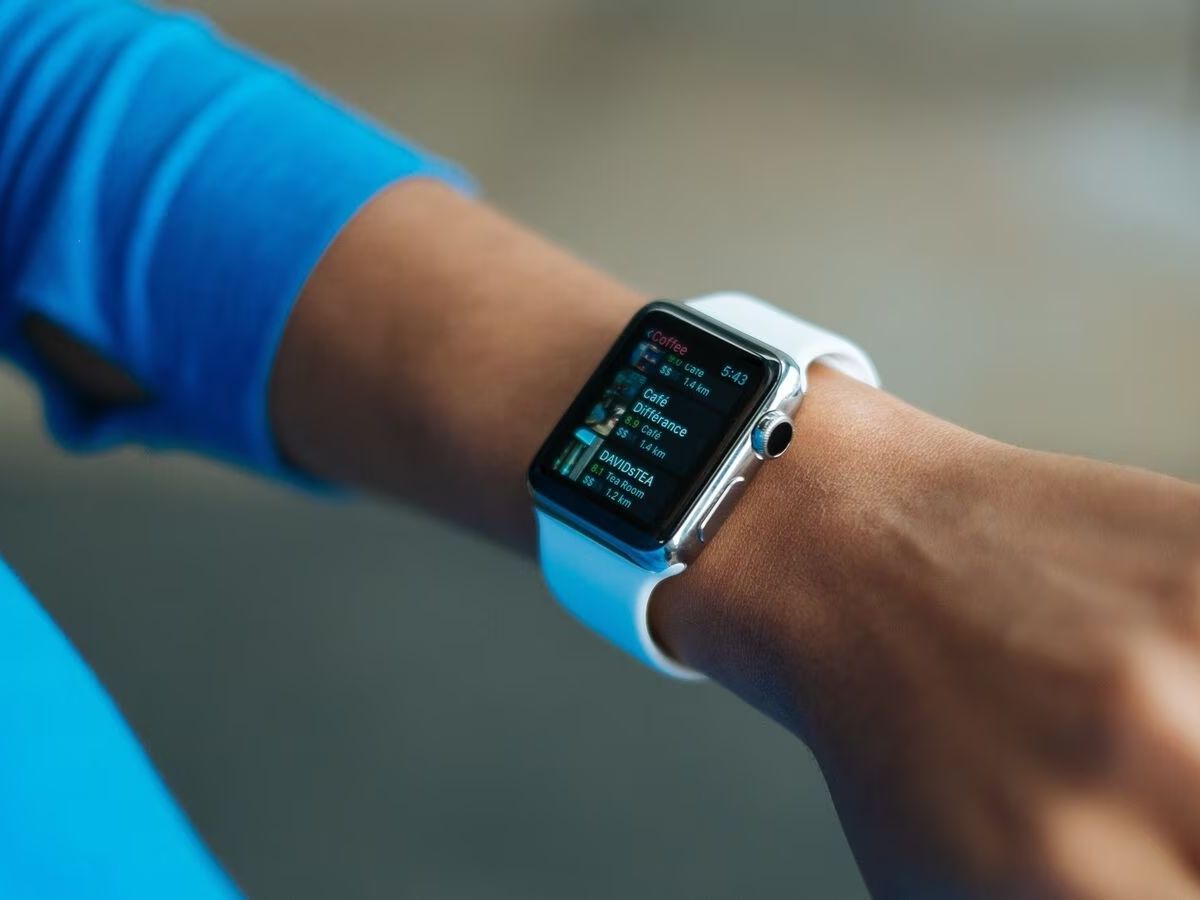
Introduction to Smart Health Watches
In recent years, wearable technology has significantly evolved, especially in health and fitness. Among these devices, Android smart health watches have become essential tools for managing health, particularly for heart patients. These watches are not just stylish accessories; they act as mini-coaches, tracking every move and providing valuable health insights.
Key Features of Android Smart Health Watches
Android smart health watches come equipped with various features that simplify health tracking:
- Health and Fitness Tracking: These devices count steps, monitor heart rate, and track sleep patterns. They also provide detailed stats on workouts, whether running, biking, or walking.
- Advanced Sensors: Heart rate monitors, accelerometers, and GPS sensors work together to offer a comprehensive look at health and fitness, making goal-setting easier.
The Importance of Fitness Tracking
Fitness tracking has gained popularity in our health-conscious world. People want to know their activity levels, sleep quality, and heart health. Smart health watches make tracking this information easy, helping individuals stay motivated and focused on their health goals.
Core Benefits of Fitness Tracking
- Motivation: Real-time data on activity levels can be a powerful motivator, encouraging healthier choices.
- Health Insights: Tracking various metrics provides valuable information, helping identify potential issues early.
- Personalized Plans: Fitness apps sync with these watches, offering personalized plans based on activity levels and health goals.
- Notifications and Reminders: Alerts and reminders keep users motivated and on track, whether it's a reminder to walk or an alert for high heart rate.
Advanced Health Monitoring Features
Android smart health watches offer advanced features beyond basic fitness tracking:
- Blood Pressure Monitoring: Some models use PPG and ECG sensors to estimate blood pressure.
- Blood Oxygen Levels: High-end models measure blood oxygen levels, useful for athletes or high-intensity activities.
- ECG Monitoring: Detects irregular heart rhythms, an early indicator of potential heart issues.
- Sleep Quality Tracking: Monitors sleep quality, including stages and duration.
How Android Watches Help Heart Patients
For heart patients, Android smart health watches can be transformative:
- Continuous Monitoring: Provides real-time tracking of heart rate and rhythm.
- Early Detection: Advanced sensors detect irregular heart rhythms and other potential issues early.
- Personalized Insights: Tracks various health metrics, helping identify patterns or changes needing medical attention.
- Motivation and Engagement: Real-time data on the wrist keeps users engaged in their health routines.
- Integration with Medical Devices: Some models integrate with medical devices, allowing seamless data transfer and more accurate readings.
Pros and Cons of Using Android Watches for Heart Health
While these watches offer numerous benefits, there are also considerations:
Pros:
- Convenience: Continuous monitoring without manual checks.
- Integration: Syncs well with other Android devices, making data access easy.
- Notifications: Alerts for high or low readings keep users informed.
- Apps: Various health apps offer personalized plans and progress tracking.
- Design: Stylish and customizable designs appeal to many users.
Cons:
- Accuracy: May not be as precise as medical-grade devices.
- Battery Life: Frequent charging needed.
- Cost: Prices vary widely, some models can be expensive.
- Learning Curve: Time needed to understand all features.
- Compatibility: Best with Android phones, limited integration with non-Google services.
Comparing Different Health Watches
When choosing a health watch for heart patients, consider various options:
Android Watches:
- Pros: Customization through apps and watch faces, integration with Google services, various price points, some models offer extended battery life.
- Cons: App quality varies, inconsistent software updates, limited integration with non-Google services, build quality varies.
Apple Watches:
- Pros: Seamless integration with iPhones, high-quality apps, frequent updates, premium materials, advanced health monitoring features.
- Cons: Generally more expensive, only works with iPhones, typically lasts only a day or two on a single charge.
Alternatives:
- Fitbit: Great for fitness tracking, long battery life, works with both Android and iOS devices.
- Garmin: Excellent for serious athletes, robust build, long battery life.
- Samsung Galaxy Watch: Good integration with Samsung phones, solid health features, stylish design.
The Future of Smart Health Watches
Smart health watches are changing how we manage well-being by blending style, functionality, and advanced technology. Exciting developments on the horizon include:
- AI Integration: Future watches might use AI to give personalized health tips based on activity levels and health metrics.
- Non-Invasive Blood Sugar Monitoring: Potential for non-invasive blood sugar monitoring, revolutionizing diabetes management.
- Advanced Sensors: Next-generation sensors could provide more accurate readings and detect a wider range of health metrics.
- Improved Battery Life: Advances in battery technology could lead to longer battery life, making these devices more practical.
- Enhanced User Experience: Improved interfaces and more intuitive designs will make navigating features easier.
Android smart health watches have transformed fitness and health management. For heart patients, these devices offer continuous monitoring and early detection of potential issues. While there are limitations, the benefits far outweigh the drawbacks. As technology evolves, expect even more advanced features and capabilities, making these devices an essential part of daily life. For heart patients looking to take control of their health, an Android smart health watch is worth considering. Always use these devices alongside traditional medical methods for the best results, and consult with a healthcare provider before making significant changes to your health regimen.
